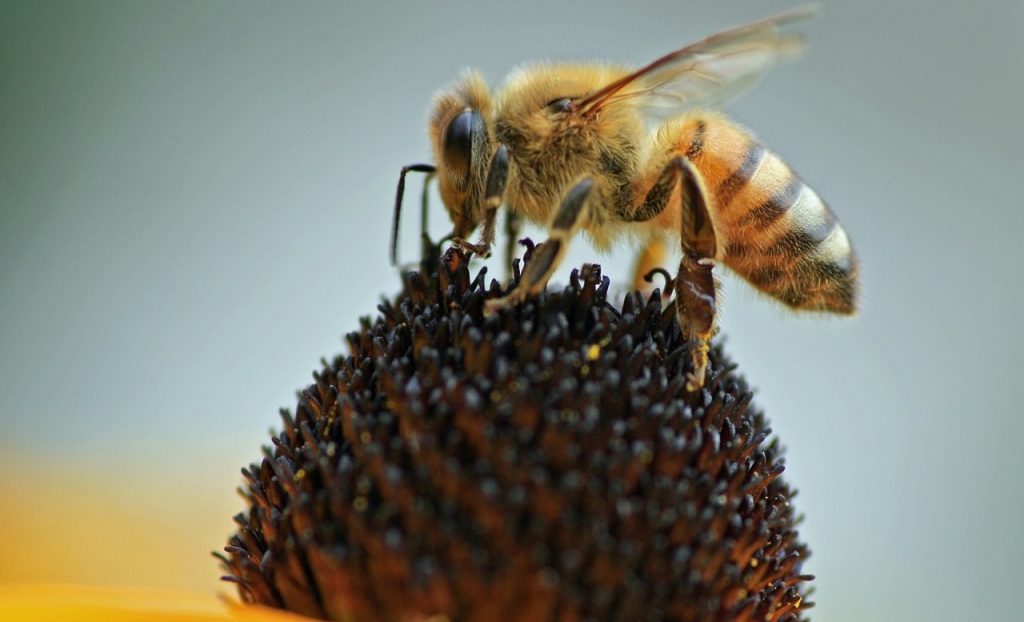European Food Safety Authority confirm neonicotinoids danger to bees

March 6th, 2018
Most neonicotinoid pesticides are a danger to bees and honeybees, new research from the European Food Safety Authority (EFSA) has confirmed.
The research from the EFSA’s Pesticides Unit indicates that the use of neonicotinoid pesticides on outdoor crops represents a risk to wild bees and honeybees as they are likely to be exposed to harmful levels of the substance.
This occurs because the pollen and nectar of the treated crop have pesticide residues. Also, nearby plants can become contaminated as pesticide residue is carried away from the field by the wind.
Aside from nearby plants, the soil where the crop is planted can get contaminated as well, the research finds. In some cases, the pesticide can linger and accumulate in the soil and get accumulated in the pollen and nectar of the grown plant.
Since 2013, the EU has restricted the use of neonicotinoids on crops. The restrictions were applied following a previous report from the EFSA, which stated that neonicotinoid pesticides posed a severe risk to honey bees.
The European Commission has recently proposed to further restrict the uses of neonicotinoid pesticides. A vote was planned for December 2017, but it was postponed in order to wait for the current EFSA report.

Honeybee Photo: skeeze/Pixabay
The new assessment covered both wild bees and honeybees and considered more than 1,500 studies on the impacts of three types of neonicotinoids – clothianidin, imidacloprid, and thiamethoxam.
Exposure of bees to the pesticide was analysed through three courses: residues in the bee pollen and nectar; dust drift during the application of seeds treated with pesticide; and water consumption.
“The availability of such a substantial amount of data as well as the guidance has enabled us to produce very detailed conclusions,” said Jose Tarazona, the Head of the Pesticide Unit.
“There is variability in the conclusions, due to factors such as the bee species, the intended use of the pesticide and the route of exposure. Some low risks have been identified, but overall the risk to the three types of bees we have assessed is confirmed,” he added.
Friends of the Earth UK campaigner, Sandra Bell, said that the “long-awaited” report confirms the “significant threat” that neonicotinoid pesticides pose to bee populations.
“The UK government has already said it will support a complete ban on the outdoor use of these three bee-harming chemicals – a move that is fully justified by this report. Other EU countries must now back a tougher ban too,” she added.
“Ministers must also use their post-Brexit farming policy to help our farmers to work in harmony with nature – and not against it. This must include a reduction in the use of all pesticides and a regulatory process that prevents bee-harming chemicals being approved.”
[x_author title=”About the Author”]







